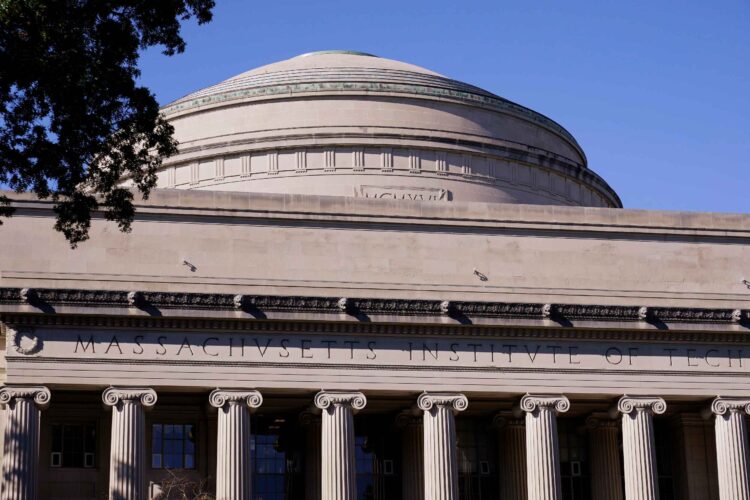The Massachusetts Institute of Technology (MIT) has banned the practice of requiring faculty applicants to provide “diversity statements,” becoming the first major university to reject what many critics deride as a left-wing “political litmus test.” Such statements, typically required to be the length of a page, force candidates to explain how they will advance the Diversity, Equity, and Inclusion (DEI) commitments of the university.
“Requests for a statement on diversity will no longer be part of applications for any faculty positions at MIT,” an MIT spokesperson told Unherd.
“My goals are to tap into the full scope of human talent, to bring the very best to MIT, and to make sure they thrive once here,” said MIT president Sally Kornbluth, who was among the university presidents that testified in Congress on campus antisemitism in December. “We can build an inclusive environment in many ways, but compelled statements impinge on freedom of expression, and they don’t work.”
NEW: MIT has banned the use of DEI statements for faculty hiring and promotions.
This is huge, a turning point — the policy, functionally an ideological weed-out tool, is widely unpopular in academia, but MIT is the first elite private institution to pull the plug. pic.twitter.com/Ix3haXP4j9
— John Sailer (@JohnDSailer) May 4, 2024
Learn the benefits of becoming a Valuetainment Member and subscribe today!
Since Kornbluth’s appearance in Congress, Republicans have been putting pressure on MIT for its handling of Palestine protests and the broader effects of DEI policies. The right-leaning American Enterprise Institute (AEI) found in a 2021 study that elite, or “selective,” universities were more likely to require such statements than less selective schools.
Diversity statements have become a staple of CV/Resumes in higher education, requiring candidates to make it clear they are loyal to the values of DEI. The prompt allows applicants to state how they will “advance excellence in diversity, inclusion, equity, and belonging as a teacher and a researcher in higher education,” according to Harvard’s explanation of its own diversity statement requirement. Princeton says it is “an opportunity for you to highlight the ways you would advance an institution’s DEI work.” Columbia, on its four-page explanation, says it allows applicants to “showcase [their] understand and activities” regarding DEI.
According to an editor writing for LinkedIn’s news bulletin, the term “DEI” is disappearing from the corporate world, citing a similar report by The Washington Post. As Valuetainment previously reported, the DEI movement had contracted by 9 percent from 2022 and 2023, measured by the number of US companies still have DEI budgets.
However, as the LinkedIn post also indicates, this does not necessarily mean the values of DEI have disappeared, or that companies aren’t smuggling DEI requirements under different terms. While companies like Molson Coors dropped “DEI” from all its materials, Starbucks is now looking for “talent” performance to meet its “representation” goals. And the effects of DEI will still be felt for a long time to come, as 94 percent of the S&P 100 companies’ new hires went to non-white applicants since the 2020 Black Lives Matter riots.
 Shane Devine is a writer covering politics and business for VT and a regular guest on The Unusual Suspects. Follow Shane’s work here.
Shane Devine is a writer covering politics and business for VT and a regular guest on The Unusual Suspects. Follow Shane’s work here.


















Add comment